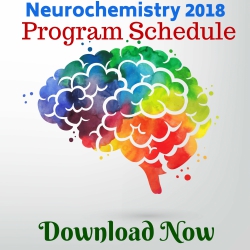
Peter Hilpert
University of Surrey, UK
Title: Scale-up! A novel method to study reciprocal real-time processes during patient-therapist interactions
Biography
Biography: Peter Hilpert
Abstract
Problem: All evidenced-based psychotherapeutic treatments rely on human interactions. However, the major reason for the disappointing progress in understanding human interactions is the lack of methods enable mechanistic inferences of how the behavior of one person (e.g., therapist) influences the internal state and behavioral response of the other person (e.g., patient). The current gold-standard method (i.e., observation technique) is not only expensive and time-consuming but provides such spares data that it forced the field to examine just how the frequency of behavior predicts later symptom changes (e.g., more alliance during a session predicts later symptom changes). This completely ignores the essence of psychotherapy – how patient and therapist influence each other moment-to-moment.
Solution: To overcome the current limitation, we test a novel method using engineering technology to extract behavior (i.e., para-verbal stress cues) in high temporal resolution. This intensive data enables us to test the co-regulation process using dynamical systems modeling. Design: In a patient-therapist sample (353 sessions) and a sample of couples (N=189), we found not only that people do coregulate each other during interactions but that these co-regulation process changes within an interaction.
Significance: The utilization of such a novel method has far-reaching implications. For example, a common problem is that in a psychotherapy study with 100 participants (each 20 sessions) not all interactions can be coded because of costs (e.g., 2,000 hours video, coding cost $120,000). Computational methods can extract behavior fast, reliable, and cheap from high-quality audio and video sources allow future research to scale up. This opens up new possibilities for interventions and training evaluations.

